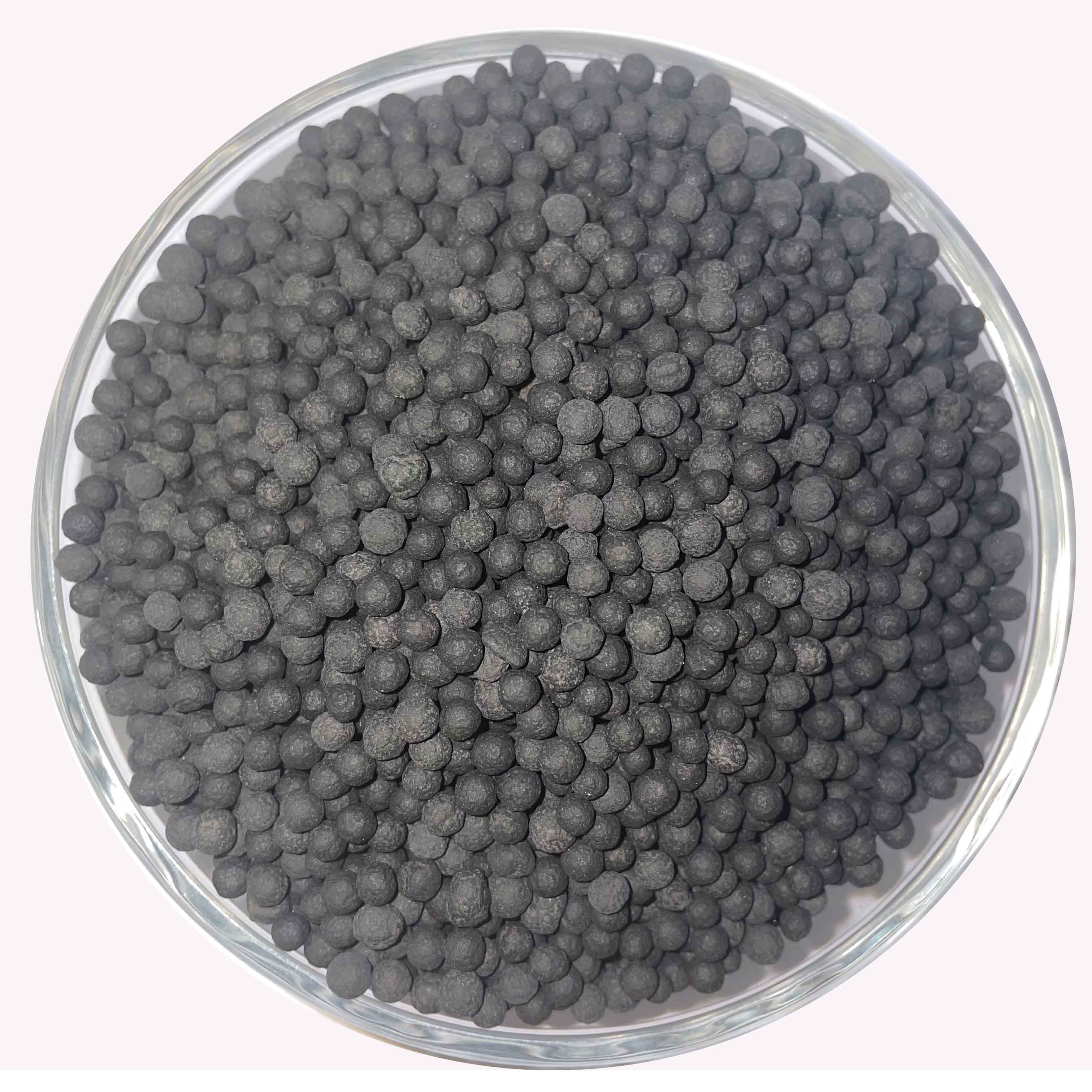
Jul . 25, 2024 08:13 Back to list
Exploring the Benefits and Processes of Bio Organic Fertilizer Production Facilities and Their Impact
The Rise of Bio Organic Fertilizer Factories Sustainable Solutions for Modern Agriculture
In recent years, the global agricultural industry has undergone significant transformations driven by environmental concerns, the need for sustainable practices, and the increasing demand for organic produce. Among the most innovative solutions to arise from this shift is the establishment of bio organic fertilizer factories. These facilities are playing a vital role in promoting sustainable farming practices while addressing the growing challenges of soil degradation, chemical reliance, and food safety.
Bio organic fertilizers, derived from natural materials such as plant and animal waste, are designed to enhance soil fertility and promote healthy plant growth. Unlike conventional chemical fertilizers that can harm the environment and diminish soil health over time, bio organic fertilizers improve soil structure, increase microbial activity, and provide essential nutrients that crops need to thrive.
The establishment of bio organic fertilizer factories is crucial in facilitating the production of these eco-friendly substances. These factories utilize advanced technology and sustainable processes to convert organic waste materials into high-quality fertilizers. The process often involves composting, anaerobic digestion, or fermentation, which not only transforms waste into valuable resources but also reduces greenhouse gas emissions associated with waste disposal. For example, anaerobic digestion not only generates biofertilizers but also produces biogas, which can be used as a renewable energy source.
The benefits of bio organic fertilizers are manifold. Firstly, they enhance soil health by improving its biological, chemical, and physical properties. Healthy soil is rich in organic matter, which helps retain moisture, suppresses pests and diseases, and improves nutrient availability. As a result, crops grown with bio organic fertilizers are often healthier, more resilient, and capable of producing higher yields.
bio organic fertilizer factories

Moreover, the use of bio organic fertilizers aligns with the principles of organic farming and sustainable agriculture, promoting food safety and reducing chemical residues in the food supply. By opting for these natural fertilizers, farmers can cultivate crops that are not only more nutritious but also free from harmful synthetic additives, appealing to health-conscious consumers.
The rise of bio organic fertilizer factories has also fostered local economies. These facilities create jobs in rural areas, contributing to community development and empowering local farmers. By processing organic waste generated by local agriculture, the factories promote a circular economy where resources are reused and waste is minimized. This model not only benefits the environment but also enhances economic resilience.
Furthermore, government policies and initiatives aimed at promoting sustainable agriculture have increased the demand for bio organic fertilizers. Many countries are implementing stricter regulations on chemical fertilizer usage, encouraging farmers to adopt organic practices. Consequently, bio organic fertilizer factories are experiencing growth, and investment in this sector is rising.
However, challenges remain in the widespread adoption of bio organic fertilizers. Education and awareness among farmers about the benefits and application methods of these fertilizers are crucial. Additionally, the scaling of production in bio organic fertilizer factories should ensure that the quality of the end product meets the expectations of farmers and agricultural standards.
In conclusion, bio organic fertilizer factories are at the forefront of the sustainable agriculture movement. By producing environmentally friendly fertilizers from organic waste, they contribute significantly to soil health, food safety, and local economies. As the world continues to seek sustainable agricultural solutions, the importance of these factories will undoubtedly grow, paving the way for a greener and more sustainable future in food production. The concerted efforts of farmers, policymakers, and industry leaders will be essential to capitalize on this opportunity and foster a renewed agricultural paradigm where sustainability is not just an option, but a standard practice.
-
Premium 10 10 10 Fertilizer Organic for Balanced Plant Growth
NewsJul.29,2025
-
Premium 10 10 10 Fertilizer Organic for Balanced Plant Growth
NewsJul.29,2025
-
Premium 10 10 10 Fertilizer Organic for Balanced Plant Growth
NewsJul.29,2025
-
50 Pound Bags of 13-13-13 Fertilizer for All Plants – Bulk & Organic Options
NewsJul.28,2025
-
High-Efficiency 15-30-15 Granular Fertilizer for Healthy Crops
NewsJul.28,2025
-
15-30-15 Granular Fertilizer for Optimal Crop & Lawn Growth
NewsJul.27,2025
